[dropcap]I[/dropcap]ran’s Oil Minister Bijan Namdar Zanganeh on Monday said that the Organization of Petroleum Exporting Countries, OPEC, needs to address rising output from Libya and Nigeria.
Compliance with the output cuts is “acceptable,” Zanganeh told reporters in Tehran, referring to the two countries exempted from capping production due to their internal strife. Nigeria will be able to participate in cuts when its output stabilizes at 1.8 million barrels a day, Oil Minister Emmanuel Kachikwu said Friday.
“OPEC’s actions are working and compliance is acceptable overall, although there needs to be some change,” Zanganeh said, referring to OPEC members’ compliance with their pledges to pump less. “Changes are really related to Libya and Nigeria and the 100 percent compliance of everyone.” He didn’t elaborate.
“The oil market’s status is stable, and we don’t accept that any country exceed its share” under OPEC’s deal to cut production, he said. “We support OPEC’s position to stabilize markets.”
Nigeria’s production of 1.7 million to 1.75 million barrels a day has climbed from an all-time low of about 1 million barrels a day, Kachikwu said Friday in a Bloomberg TV interview. Output will be “back in full swing” in five to six months, he said.
OPEC and other global producers including Russia agreed to maintain output cuts through March to end a price rout that has battered their economies since 2014. Iran was part of the deal reached last year, though it was given special permission to raise output by 90,000 barrels a day. Libya and Nigeria were not part of the deal and have since increased production, complicating the efforts of the suppliers to reduce the glut. Benchmark Brent crude has dropped by about half from its 2014 peak.












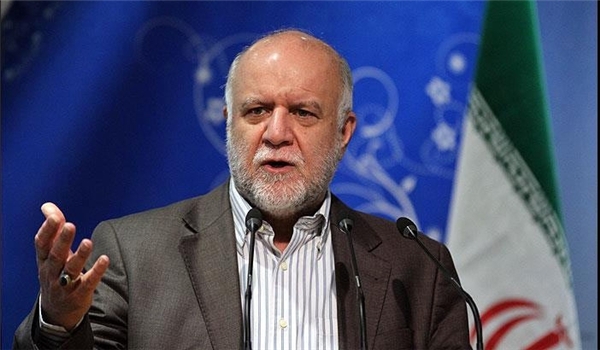

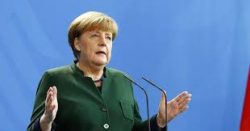





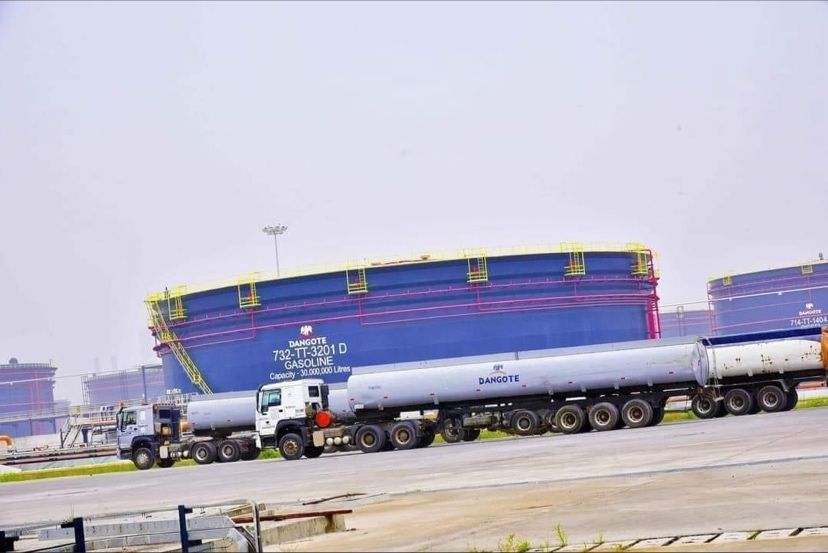

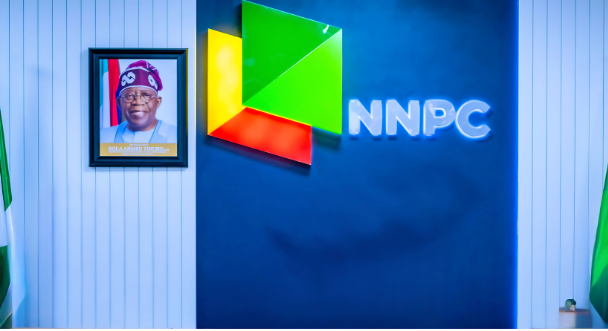
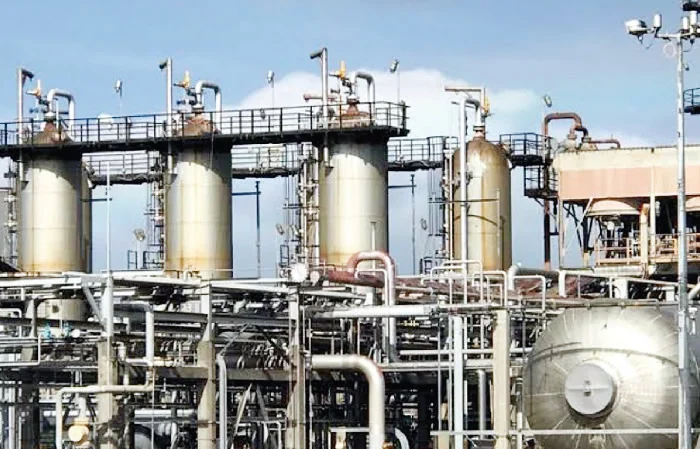
Leave a comment